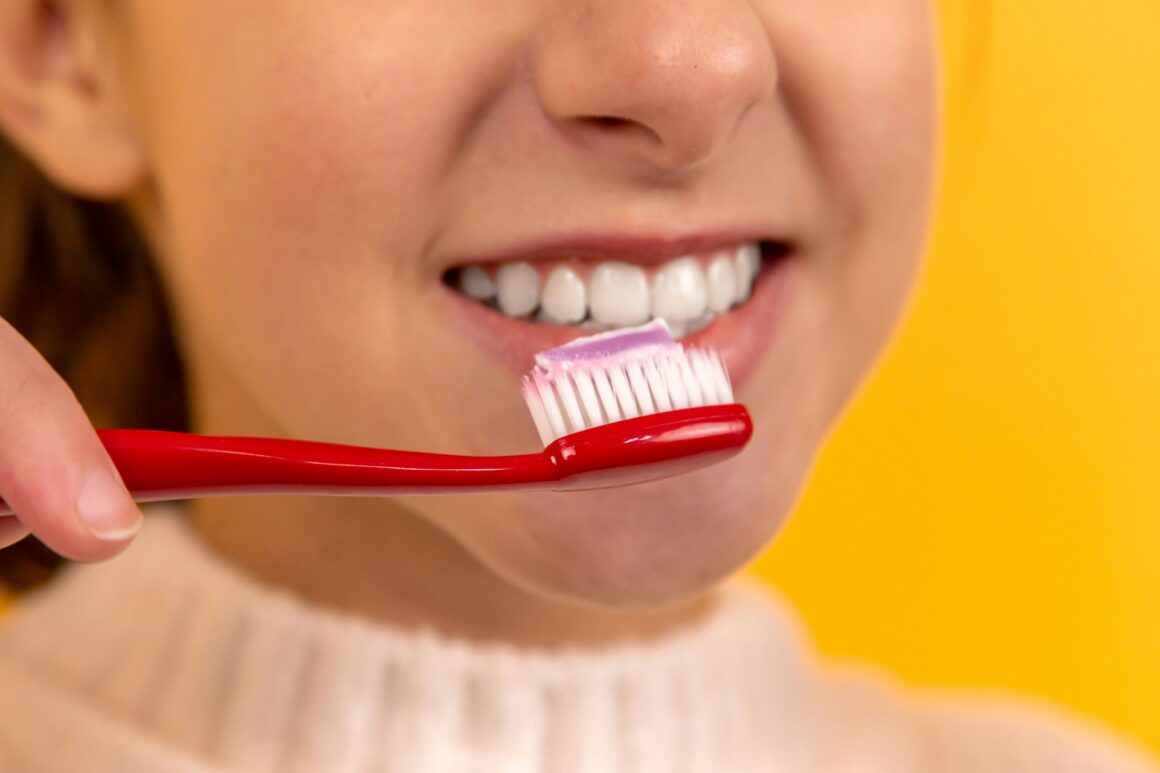Achieving and maintaining oral health is a vital part of overall well-being. Our mouths serve as gateways to our bodies, so taking good care of them can lead to a lifetime of health benefits. This comprehensive guide, designed to be both informative and friendly, will walk you through essential tips and techniques for keeping your oral health in top shape from childhood through your golden years.
Begin with the Basics: Understanding Oral Health
Oral health encompasses more than just avoiding cavities; it includes the health of your gums, breath, and overall comfort of your mouth. Common dental issues such as gum disease, tooth decay, and oral infections can significantly impact your quality of life and can contribute to secondary health complications. The journey to lifelong oral health starts with understanding these basics and adopting a comprehensive oral hygiene routine.
Pediatric Oral Care: Building a Foundation
The foundation of good oral health is laid down in childhood, making early dental care crucial. A paediatric dentist in Sydney can play a key role in this early phase, providing specialized care tailored to the unique needs of young teeth and gums. Regular visits from an early age can help instill good dental habits, ensure proper dental development, and prevent many common dental issues.
The Importance of Regular Dental Visits
Regular dental check-ups are essential at every stage of life. Dentists not only address oral health problems but also provide preventive care that can save you discomfort and money in the long run. During a check-up, dentists remove plaque build-up, check for cavities, and spot potential issues before they become serious problems. Adults should visit their dentist at least twice a year for optimal oral health.
Brushing and Flossing: The Dynamic Duo
Brushing and flossing are the cornerstone of dental care. Here’s how to maximize their benefits:
- Brushing: Use a soft-bristled toothbrush and fluoride toothpaste. Brush at least twice a day, especially after meals. Spend two minutes each time, brushing gently in a circular motion to effectively remove plaque without damaging your gums.

- Flossing: Many people skip flossing, but it’s crucial for removing plaque and food particles that a toothbrush can’t reach. Floss at least once a day, ideally before bedtime, to ensure your teeth are clean overnight.
Diet and Oral Health: You Are What You Eat
What you eat plays a significant role in your oral health. Sugars and starches can lead to the buildup of acids that cause tooth decay. To maintain healthy teeth and gums, include plenty of:
- Fruits and vegetables: These high-fiber foods help keep your teeth and gums clean.
- Calcium-rich foods: Dairy products, leafy greens, and almonds can help strengthen bones and teeth.
- Water: Drinking water helps wash away food particles and keeps your mouth moist. Limit sugary drinks, which contribute to tooth decay.
The Role of Mouthwash and Dental Products
While brushing and flossing are irreplaceable, using an antimicrobial or fluoride mouthwash can offer additional protection against cavities and gum disease. Choose products that carry the American Dental Association (ADA) seal of acceptance, ensuring they have been evaluated for safety and effectiveness.
Dealing with Common Dental Problems
Even with excellent care, dental issues can arise. Here’s how to handle some common problems:
- Tooth sensitivity: Use toothpaste designed for sensitive teeth and avoid trigger foods and drinks, like hot, cold, acidic, or sweet items.
- Gum disease: Maintain good oral hygiene and visit your dentist for signs of trouble, such as bleeding gums or persistent bad breath.
- Cavities: Regular check-ups can catch cavities early when they’re easiest to treat.
Advances in Dental Care: Embracing Technology
Dental technology has made significant strides in recent years, making procedures quicker, less invasive, and more effective. From digital X-rays that reduce radiation exposure to advanced materials for fillings and crowns that closely match the natural appearance of teeth, modern dentistry offers enhanced options for patients.
Oral Health Throughout Life
As you age, your oral health needs change. Older adults face specific challenges, such as dry mouth, wear and tear on teeth, and gum recession. Staying vigilant about dental care through regular check-ups and adapting your oral hygiene practices can help you maintain your dental health as you age.

In conclusion, taking care of your oral health is a lifelong commitment that involves regular dentist visits, proper daily care, and awareness of how your dietary choices affect your dental well-being. By understanding and implementing these principles, you can enjoy the benefits of a healthy, vibrant smile for years to come.



